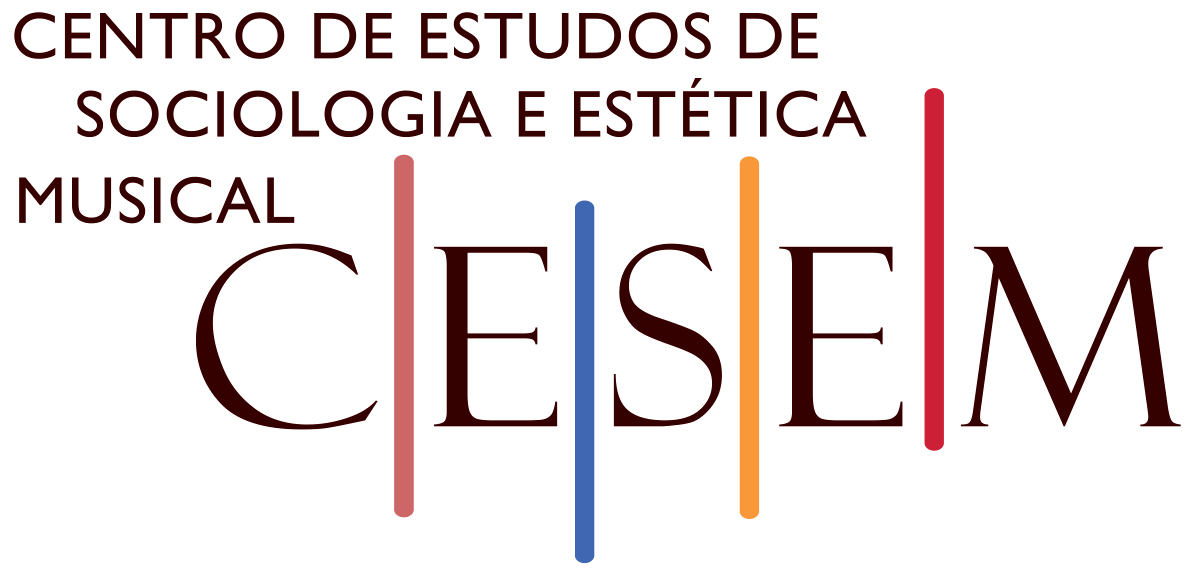Collaborator
Riccardo Wanke, author of the book Sound in The Ecstatic-Materialist Perspective on Experimental Music by Routledge (2021), is a experienced multidisciplinary researcher in musicology, art practices and the natural sciences, supervised both students (BSc, MSc, PhD) and research teams. During the last five years, he have built on his long-term activity in music –as performer, music producer and editor– and academic studies (a European PhD and post-doc) in Musicology at NOVA University Lisbon (in collaboration with Huddersfield University, UK and Université Paris 8, FR). Since 2019, he is contracted professor at graduate and master levels at NOVA University Lisbon and School of Arts and Design, Polytechnic of Leiria, Caldas da Rainha teaching the theory and analysis of 20th – and 21st-century music, the psychoacoustics of music and supervising artistic works of MSc students. He has authored (and co-authored) more than 20 peer-reviewed contributions in musicology and related topics such as music theory, music perception/cognition, aesthetic. He has published 10 releases as composer, performer and music editor, and worked in direct collaboration with music analysts, philosophers, cognitive scientists and composers. His recent post-doctoral research has focused on an interdisciplinary approach to contemporary art music perception and its listening modes: with the use of empirical surveys in different contexts (classes, seminars, open workshops), he developed an aural approach to music based on morphodynamical theory. Central to his research is in fact the bridge between cognitive psychology and musicology in the field of arts. He has been trained in classical piano, harmony and composition; and improvisation on saxophones, various keyboards, prepared guitar, electronic instruments (modular synthesizers). As a composer and performer, he explores the electronic manipulation of sound, having performed live worldwide and published music for international labels (USA, CH, IT, PT, MX).

